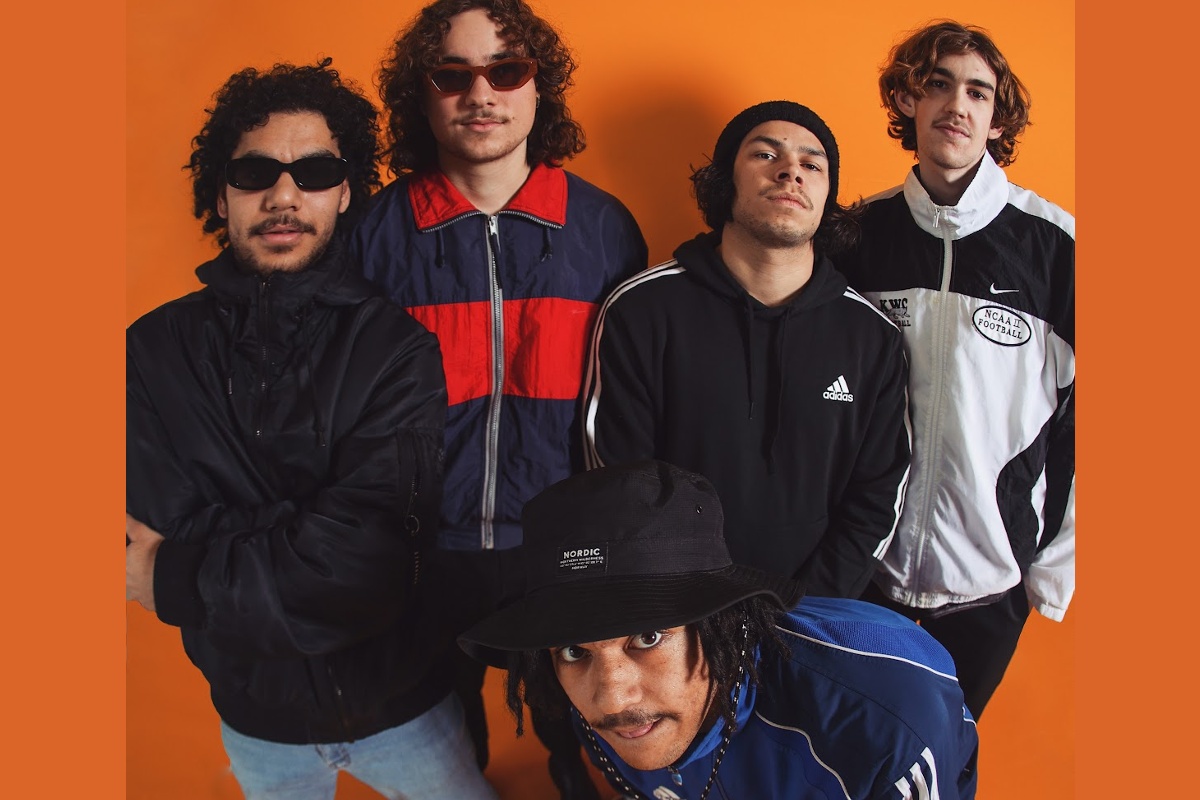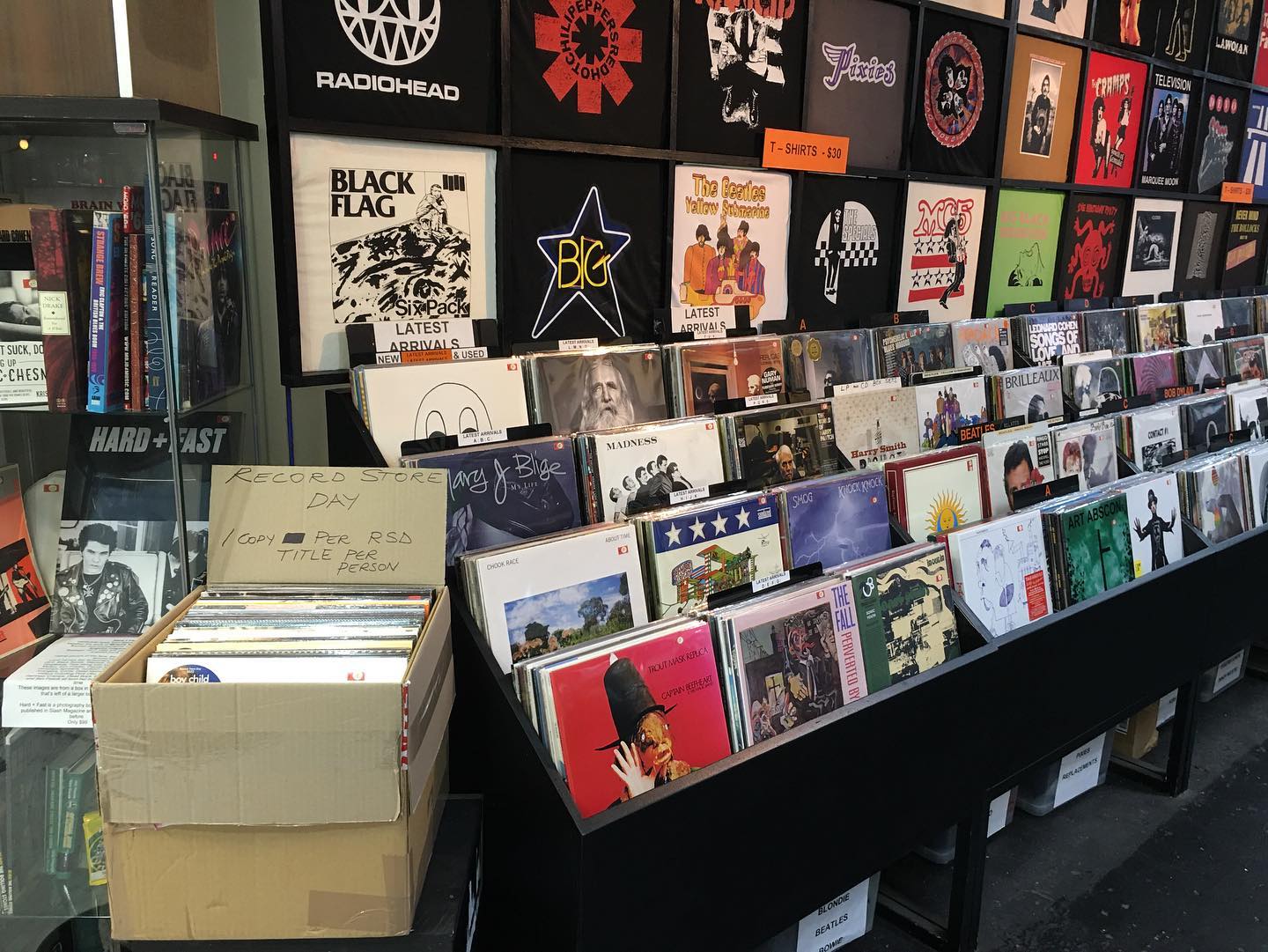
BELA FLECK’S AFRICAN PROJECT
Bela Fleck. According to several sources he’s the premier banjo player in the world. Ashamedly, I didn’t know people still played the banjo let alone were renowned for it. And to rub more salt into my musically ignorant wounds, this musician had just won his 13th Grammy for the fruits of his talent.
So hoping to learn more about Bela and his music, I grab the opportunity to write this piece about his upcoming tour of Australia, which includes a one-off performance at the Opera House.
Unfortunately, a chat with Bela Fleck isn’t meant to be. Instead, I decide to go on a journey of my own and try to piece together the life and work of this mysterious muso.
So where do you go first when you need quick and hopefully, accurate information? Where every Gen Y-er probably doesn’t even think twice about going – Google. And then where do you go next when this search returns 689 000 results?
According to Wikipedia, Bela Fleck was born in 1958, New York as Bela Anton Leos Fleck. He was first inspired by the banjo when he heard Earl Scruggs play the theme song for the television show, Beverley Hillbillies. His grandfather gave him his first banjo at the age of fifteen.
Later, he enrolled at New York City’s High School of Music and Art where along with the banjo he also studied the French horn. According to this source, he can also play the guitar.
Immediately after high school, his passion for the banjo led him Boston where he joined his first band, Tasty Licks. It was during this period, released his debut solo album, Crossing the Tracks, which saw him venture into progressive bluegrass.
Throughout the following years in between playing with groups such as New Grass Revival and Bela Fleck and the Flecktones, possibly his most famous work, he has performed at various festivals and collaborated with an array of musicians, such as Doc Watson, Edgar Meyer and the Dave Mathews Band.
In his many years of playing, he has received multitudes of Grammy nominations and awards. He has been nominated in more categories than any other musician. This includes country, pop, jazz, bluegrass, classical, folk, spoken word, composition and arranging.
Note: If you are in doubt about the authority of this information, a search on his website Belafleck.com confirms this almost verbatim.
This experimental approach to music, makes me think that Bela Fleck is a somewhat of an adventurer, a journeyman. I felt this was confirmed in the trailer for the award winning 2009 documentary of his trip to Africa featured on the website, Throwdownyourheart.com. Here Bela explains over collages of images – tranquil landscapes, bustling market places, and his jams with African musicians – that he wanted to retrace the roots of the banjo.
In the leaflet of the companion CD, he describes this work as ‘his most ambitious and complex project to date’ and that the idea had been sitting in his subconscious for a while, but may have started when he discovered that the banjo originally came from Africa.
Consisting of 18 songs, the album reflects the various places Bela visited – Tanzania, Gambia and Mali – and the many musicians he played with and learnt from.
Performing with Bela’s Australian tour and featuring on three tracks is Oumou Sangare, a Malian singer, who according to Wikipedia, is described as ‘The Songbird of Wassoulou’. Her music is inspired by traditional songs and dances from her region.
The other tracks alternate between male and female solos and sometimes group singers, and are mostly fast-tempo tunes, built on clapping rhythms, drums and joy.
Bela’s playing seeks neither to dominate or show-off, but rather blend with the tone and pace of what are essentially stories told through song. It also displays the diversity of sound that the instrument is capable; and the dexterity and expertise of Bela’s musical skills. I could never find one way to describe the banjo’s sound: sometimes it sounded tinny or reverberating. With other songs, I thought the strings were buzzing or sounding deep and hollow.
Overall his latest work is an entertaining and educational musical experience and showcases the immense creativity of a courageous performer. I think I will have to agree with a statement Bela made in a YouTube interview about his attempts to interpret Bach. It seems to sum up both how he has travelled as a musician and where he has ended up.
‘[sic] I don’t pretend to know what’s going on. I’m like a folk musician who got a little out of control.’
Tuesday Apr 6, Concert Hall, Sydney Opera House, $49-120, 9250 7777, sydneyoperahouse.com







